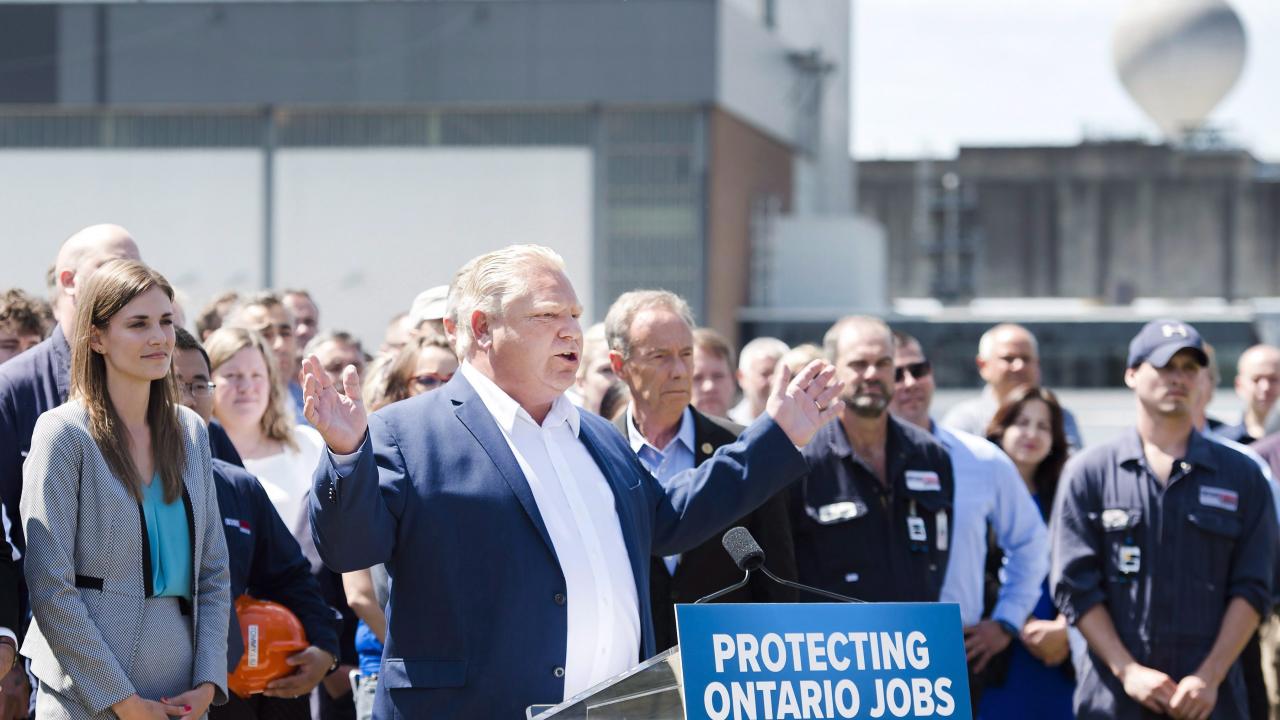The NDP is once again calling for Alberta's government to scrap the Kananaskis Conservation Pass
Author of the article:Dylan Short
Publishing date:Sep 09, 2022 •

The NDP is once again calling for the Alberta government to scrap the Kananaskis Conservation Pass after an invoice was made public showing a private company is being paid over $160,000 a month to enforce compliance with the user fee.
The official Opposition released a copy of an invoice from Global Traffic Group Ltd., received through a freedom of information request by a third party, showing it charged the Ministry of Environment and Parks $166,666.67 to enforce and monitor compliance with the conservation pass for the month of April 2022.
Environment critic Marlin Schmidt said the document shows that money Albertans are spending on the pass is not going into improving the Kananaskis region, but rather to a private contractor to enforce the pass introduced by the UCP government last year.
“This doesn’t mean additional conservation officers — we’re talking about a private firm driving around and scanning licence plates,” said Schmidt. “While the UCP enjoys a $13-billion surplus, they’re charging you $90 to pay someone to make sure that you paid your $90. It’s absurd.”
Rob Williams, press secretary for Environment and Parks Minister Whitney Issik, confirmed Friday the invoice is authentic.
The pass was first introduced in 2021 as the region saw a large rise in visitors during the COVID-19 pandemic. At the time, then-environment minister Jason Nixon promised all funds raised through the pass would go back into Kananaskis Country. The pass raised approximately $12 million in the first year it was in place and the province began enforcing its use earlier this year.
Williams said more than 146,000 passes have been sold this year raising $7.1 million, with the government projecting a total of $15 million in revenue being paid over this year. He said taxpayers were funding 75 per cent of operational costs in the region prior to the conservation pass being introduced. Now they are on the hook for 25 per cent of those costs.
“The Kananaskis Conservation Pass is intended to be a more sustainable way of supporting the region,” said Williams.
Williams said the government has partnered with St. Albert’s Global Traffic Group for enforcement services through a three-year contract that is worth $2 million per year. He said that cost represents 13 per cent of the revenue raised from the pass while 87 per cent of that revenue supports conservation, outdoor recreation and public safety in the region.
“Enforcement needs to be a priority to manage high visitation and increased pressure on the landscape. Seventy-four per cent of licence plates scanned so far this year have been compliant,” said Williams. “Our approach is cost-effective, fair and efficient.”

Kananaskis Country user groups call for change to management around off-road vehicles
Since its inception, the pass has come under fire with the NDP stating many times it would remove the fee and replace it with a voluntary payment program if they were to form the government next year. Recreation groups that operate in the area have also questioned the pass’s usefulness in improving the region.
“An Alberta NDP government will abolish this absurd fee. Leave those $90 in your pocket and return ‘pay country’ back into K-country,” said Schmidt.
The conservation pass currently costs $15 for a day or $90 for an annual pass.
dshort@postmedia.com










